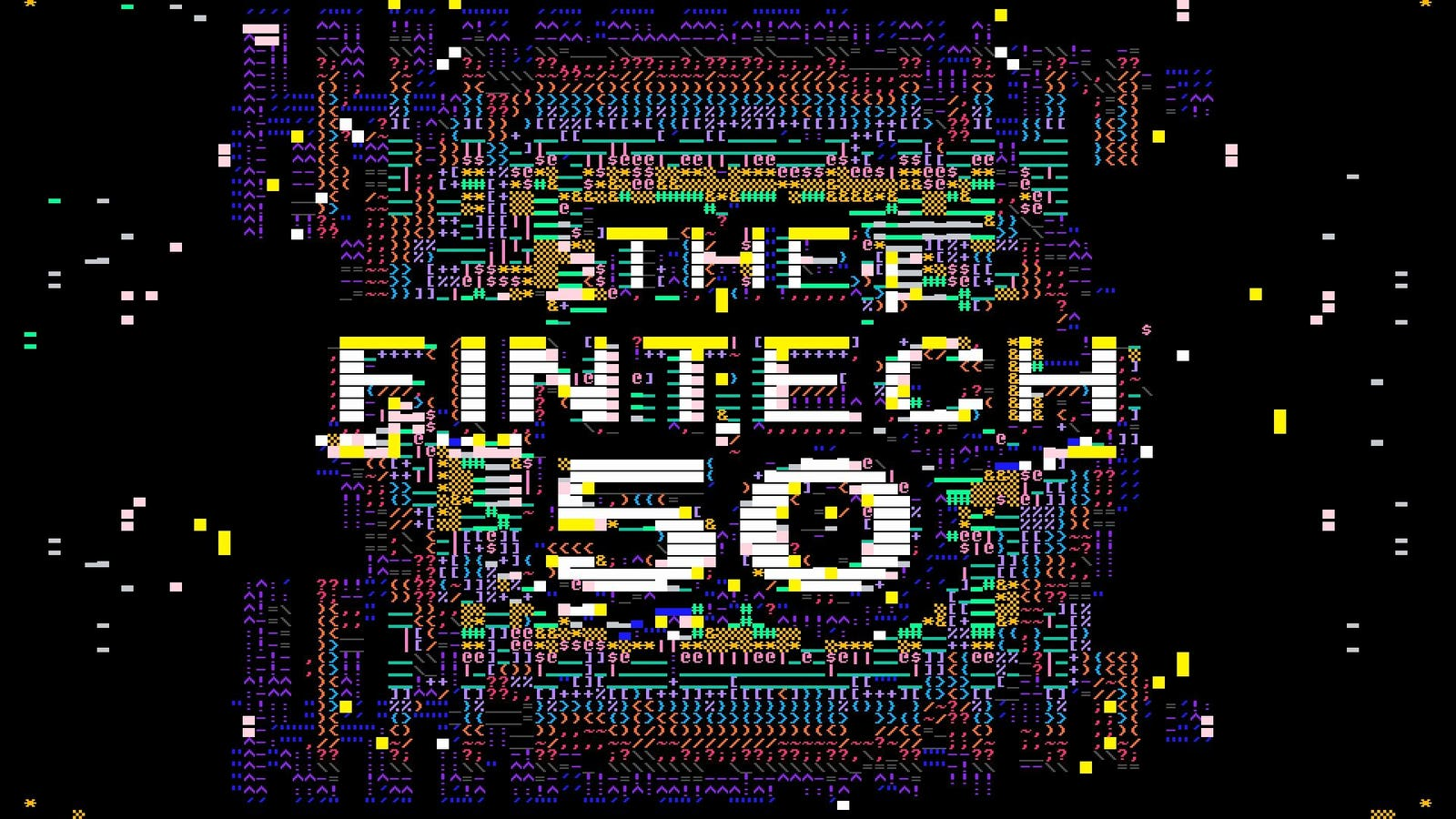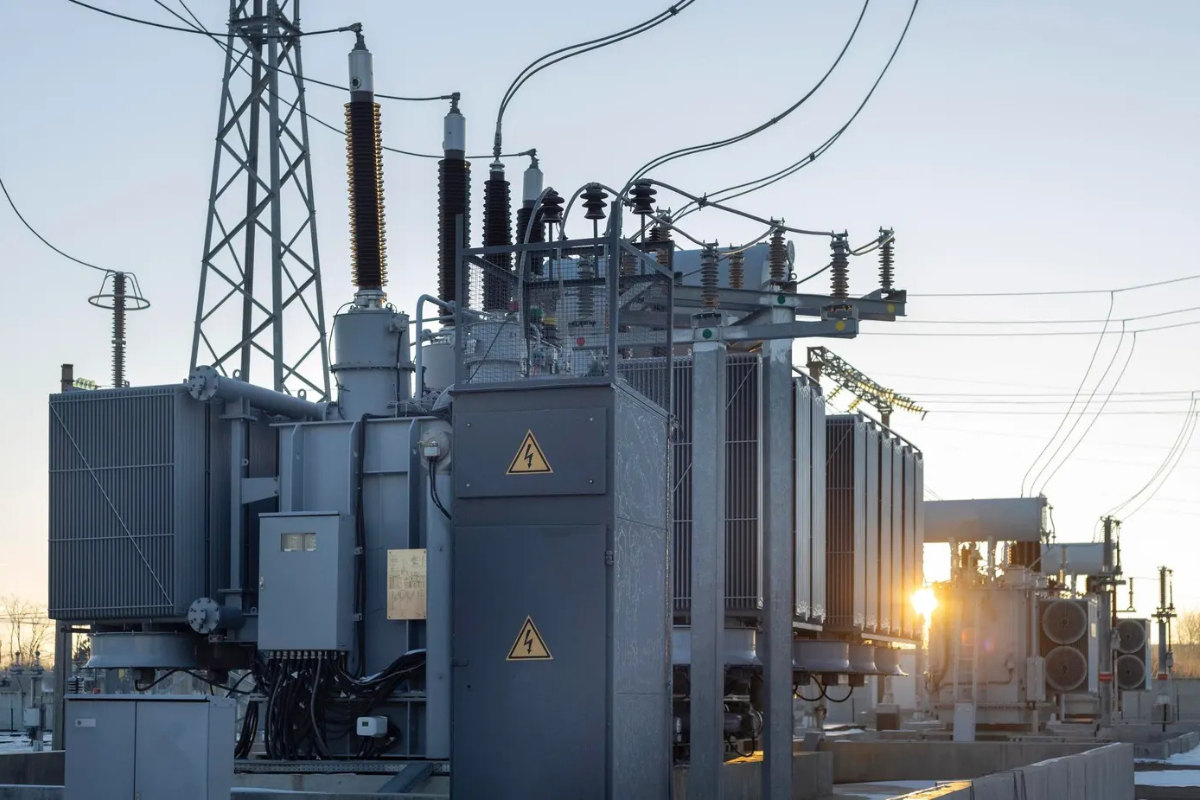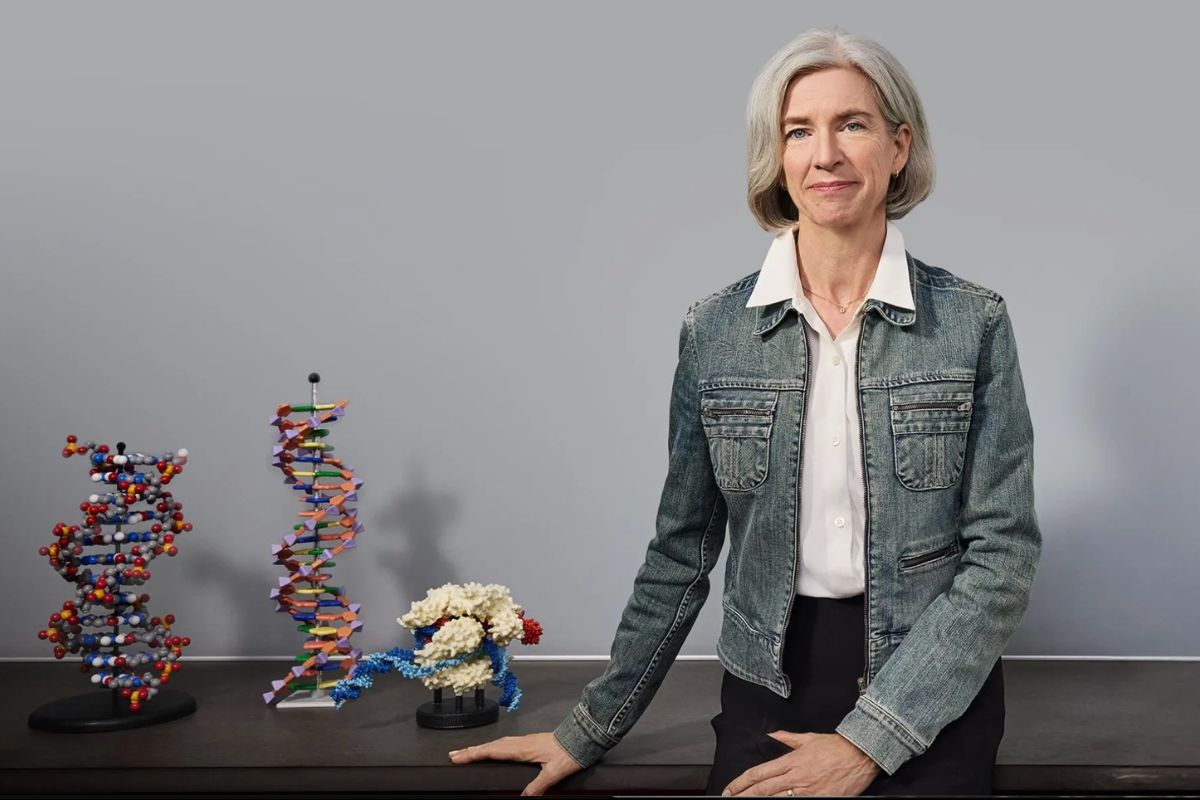Climate Integrity and UTS have named three companies as global decarbonisation leaders. They have surpassed net-zero sustainability commitments – and are achieving ‘real zero’ ones.
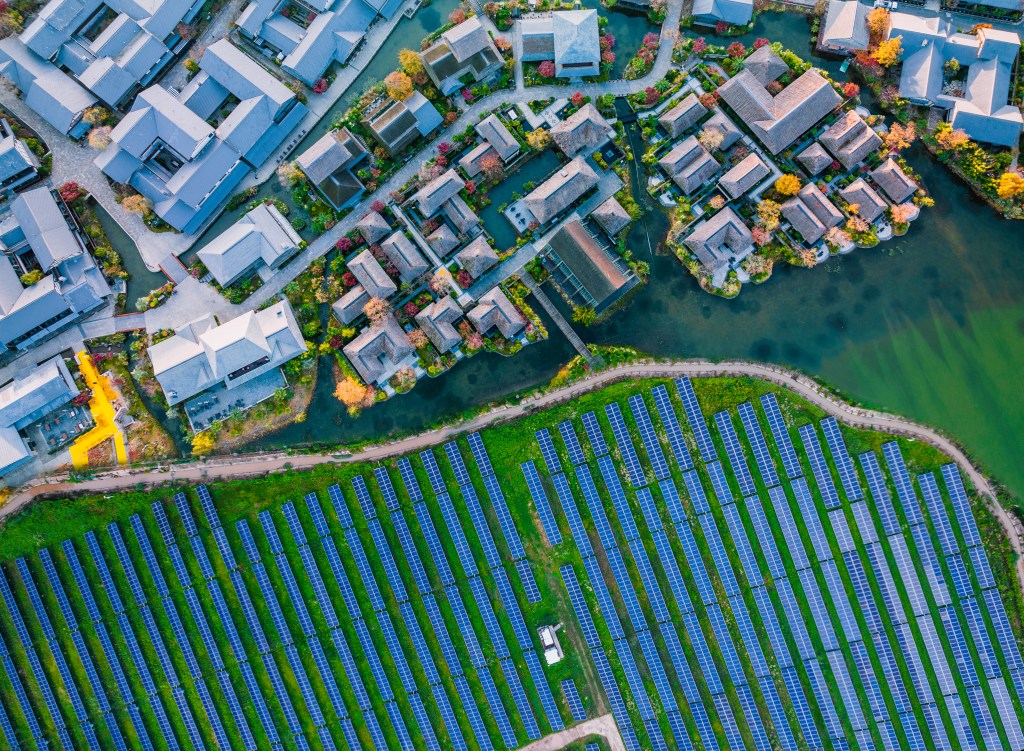
At first glance, it may seem that the only thing an Australian iron ore extraction conglomerate, a Swedish furniture maker, and a multinational building and construction company have in common is the need for heavy machinery, and therefore unsustainable carbon footprints.
Not so when it comes to Ikea, Fortescue, and Lendlease. The three unlikely bedfellows have been named as global decarbonisation leaders in a report released by Climate Integrity and the Institute for Sustainable Futures at UTS.
“We chose Fortescue, IKEA and Lendlease because they had the highest alignment with our criteria,” Climate Integrity’s founding director Claire Snyder tells Forbes Australia.
Climate Integrity’s benchmarks include the companies being of significant size, making substantial – and assessable – climate disclosures, and having clear commitments to phase out fossil fuels earlier than 2050 without relying on carbon offsets.
That last factor is central to a new term now being used in sustainability circles. No longer is net zero the ultimate benchmark – ‘real zero’ takes climate consciousness a step further.
“Real zero is a new benchmark in global climate action that requires companies to have a clear and credible plan to phase out fossil fuels and reduce their emissions as close to zero as possible, and as quickly as possible,” says Snyder.
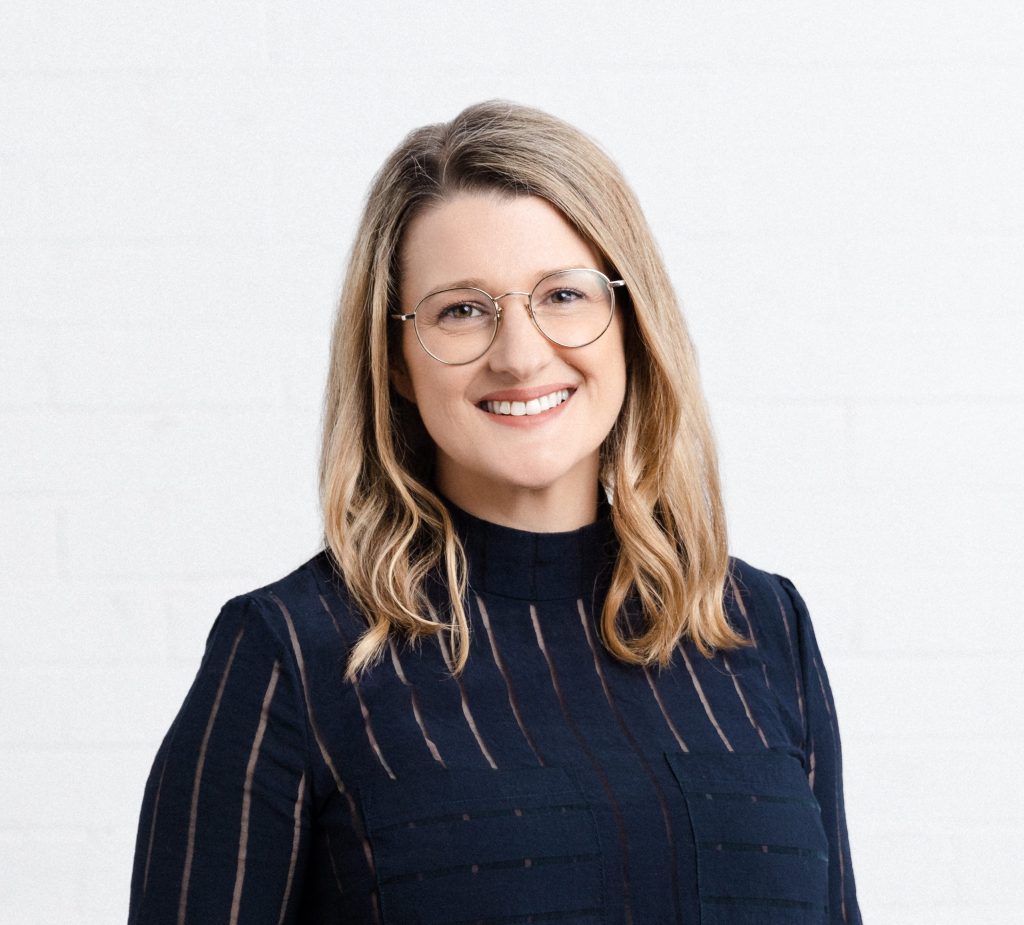
Achieving ‘real zero’ status can only occur by reaching net zero without relying on the use of carbon credits.
“The fact that huge fossil fuel producers like Woodside and Santos have net zero commitments – while expanding fossil fuel production that is driving climate change – should be a red flag. This shows us that net zero is not fit for purpose at a company level for genuine and credible climate goals. That’s why we’re seeing a shift towards real zero action,” says Snyder.
In contrast to Woodside and Santos, Perth-headquartered iron ore and energy provider Fortescue is praised by Climate Integrity for committing to reach net zero without leaning on carbon credits.
“It’s the only heavy industry company in the world committed to phasing out fossil fuels, with ‘real zero’ targets that don’t rely on offsets or carbon capture storage,” Climate Integrity states.
Fortescue has committed to implementing the following:
- ‘Real zero’ Scope 1 and 2 emissions across its Australian terrestrial operations by 2030
- ‘Net zero’ for Scope 3 emissions by 2040
- Powering their mines in remote Australia by 100% renewable energy
- Exploring and developing newer technologies like green hydrogen, green ammonia, green shipping and green metals
- Leading in advocacy and support of an economy-wide transition and shifting the current global focus from reliance on purchasing voluntary offsets
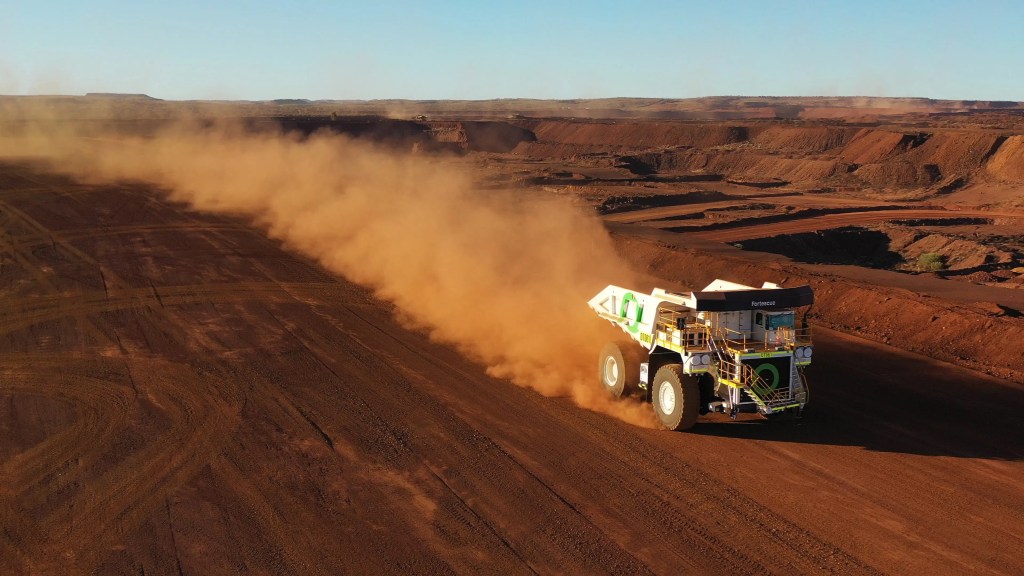
Dino Otranto is the CEO of Fortescue Metals.
“There are new and better ways of operating, through lower cost, more efficient technologies,” says Otranto. “Fortescue is seizing these opportunities rather than foisting the problem on the next generation. The fossil fuel era is winding down and Fortescue intends to be at the forefront of what comes next.”
Netherlands-headquartered, Swedish-founded organisation IKEA is also making strides in becoming ‘real zero.’ Climate Integrity’s report states that the furniture company is committed to becoming a circular business and diverted more than one million products in Australia from landfill last year.
“We’ve achieved a reduction in our operational climate footprint by 89% since 2016, while growing revenue by 68 per cent,” an IKEA ANZ spokesperson says.
“We recently completed a large-scale PV solar and battery installation [that] takes onsite renewable power generation to around 70 per cent of energy requirements, which is significant, and with battery storage is capable of supporting the 24-hour operations.”
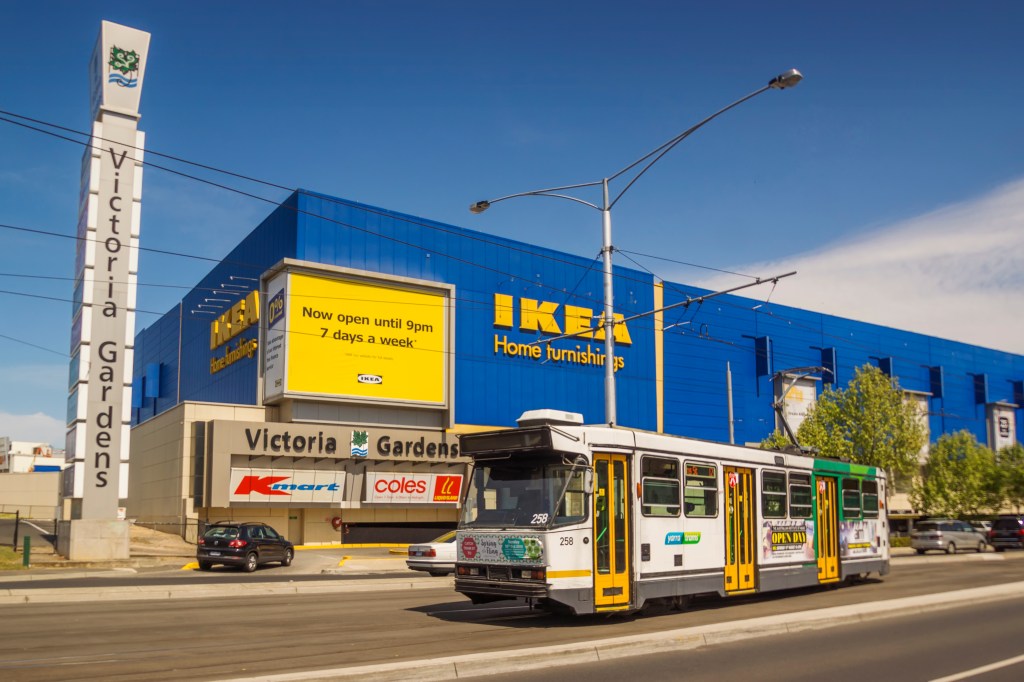
Homegrown Australian building and construction company Lendlease is pushing the envelope on net-zero commitments, too.
“Lendlease is committed to completely phasing out fossil fuels in construction and reaching absolute zero by 2040,” the company states.
Founded in Sydney in 1958, Lendlease has a market capitalisation of $3.8 billion and has significant infrastructure projects in London, Singapore and New York.
Sustainability suspicion
The new research comes at the same time as a report released by Getty reveals that ANZ consumers are suspicious of the sustainability claims companies are making.
Eighty-two per cent of respondents said it is important that sustainability is reflected across all aspects of a business — from packaging to supply chain. Yet 2 out of 3 people doubt the authenticity of organisations’ climate commitments, and 78 per cent question the credibility of brands’ environmental claims.
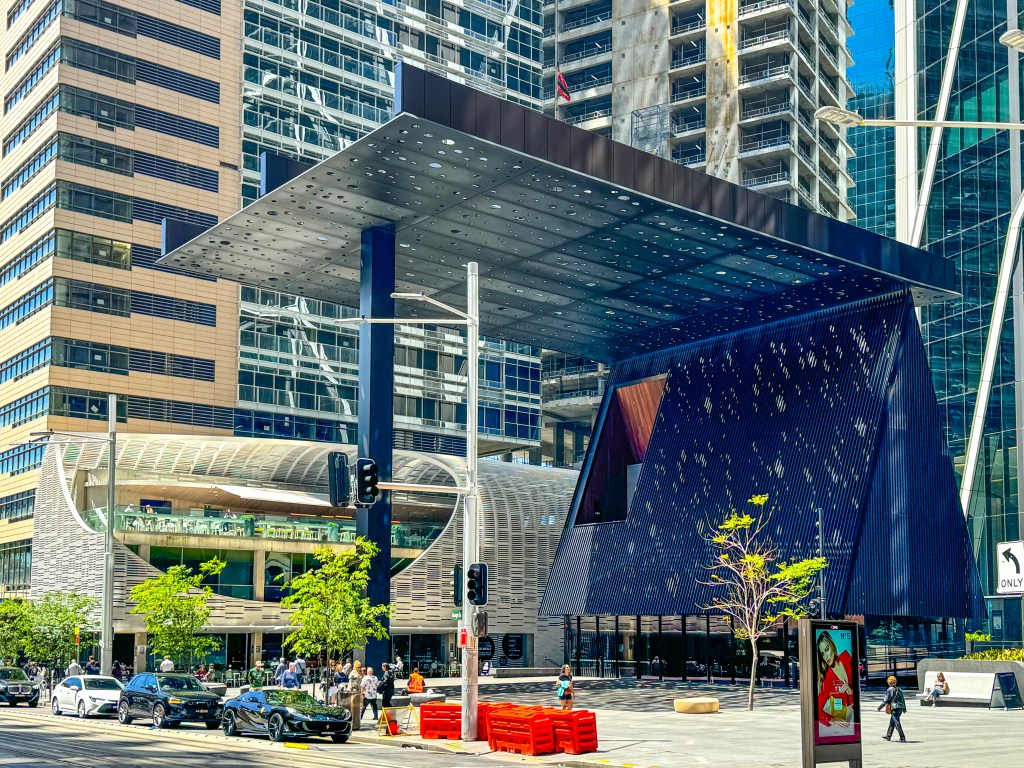
Highlighting companies that are putting climate at the centre of their business models is important, Snyder says, and the non-carbon-credit standards can be held up as a model for other organisations.
“Fortescue, IKEA and Lendlease are setting the benchmark for ‘real zero’ leadership. These companies are demonstrating what can be achieved through strong internal leadership, fostering a culture of commitment to targets, and embedding climate and emissions reduction throughout the entire business,” she says.
“They are setting a new standard for credible and rapid progress in decarbonising at the pace that’s urgently needed.”
Look back on the week that was with hand-picked articles from Australia and around the world. Sign up to the Forbes Australia newsletter here or become a member here.
